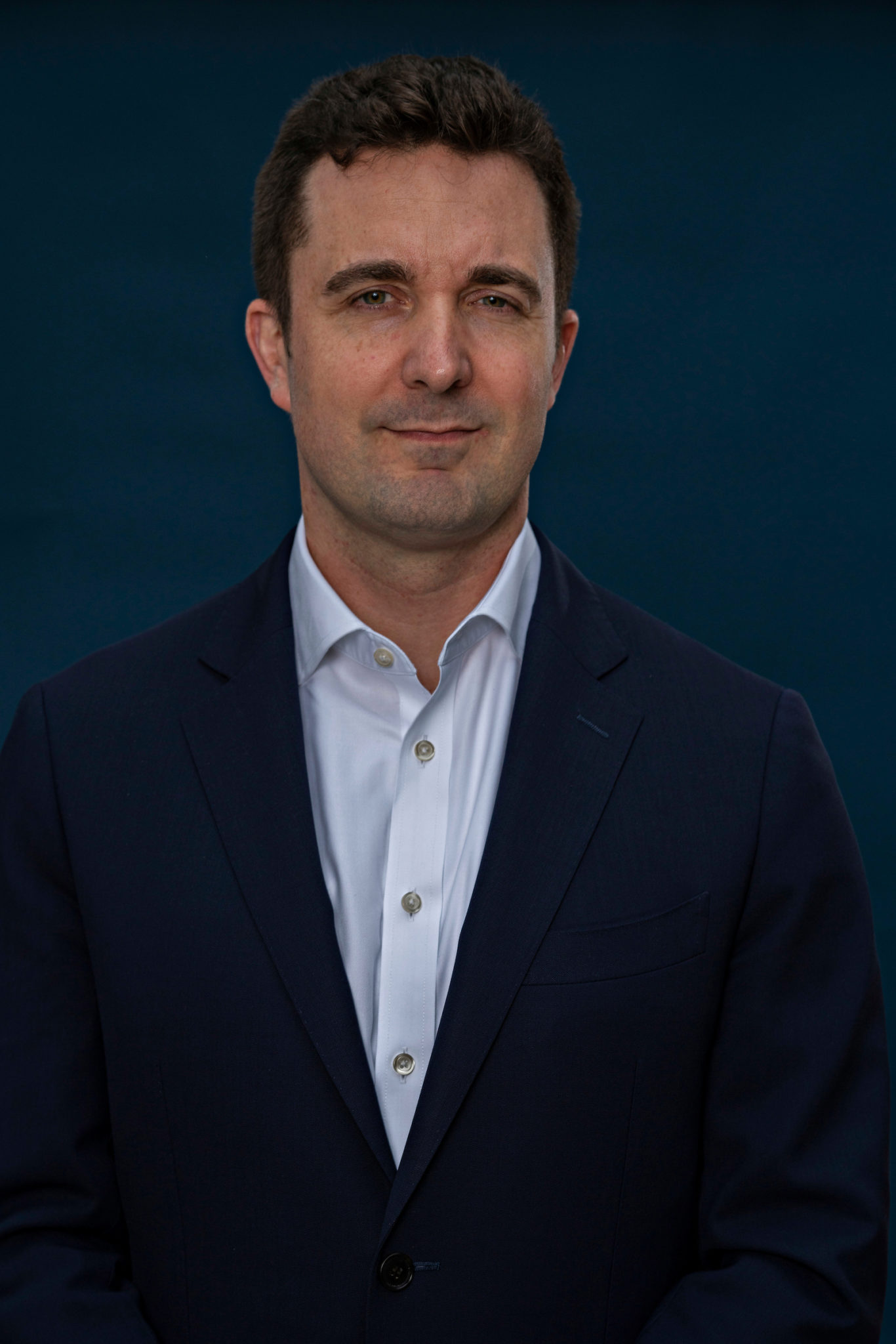
Courtesy of Melissa Lyttle
Christopher Flavelle, a climate reporter and finalist for the 2020 Pulitzer Prize, joined Yale students and faculty Wednesday evening to discuss the adaptation of people, businesses and government policy to climate change.
Titled “Climate Adaptation: America’s growing struggle to live with global warming,” Flavelle’s talk focused on his role as a climate correspondent at the New York Times. The event was held as part of the Poynter Fellowship in Journalism’s series of virtual seminars that bring media professionals to Yale for informal discussions, and it was co-sponsored by the Yale School of Architecture and the Yale School of the Environment.
“The effects of climate change are already happening — this is not a future conversation — and they are going to get worse,” Flavelle said. “What that means in human terms is increasingly severe hurricanes, more intense flooding, more wildfires, more heatwaves, more droughts and rising seas taking away more and more coastal land.”
Flavelle, who is originally from Toronto, Canada, has written for Bloomberg, ProPublica, Slate, Newsweek and The Walrus magazine. He was also a member of the team of New York Times reporters whose work on the political war on science was nominated for the 2020 Pulitzer Prize for Public Service.
Speaking from his home in Washington, D.C., Flavelle offered two paths of adaptation for coastal communities affected by rises in sea level: greater investment in infrastructure, such as levees and storm water management systems, or moving population footprints away from coastal areas entirely. He pointed out that common-sense policies, such as strict building codes in disaster-affected areas, are not currently being implemented. Instead, cities continue to expand into these dangerous zones due to the power of corporate developers and a municipal incentive for higher tax revenues, he said.
Flavelle was, however, optimistic that municipal-level action on climate adaptation will occur in the future.
“When talking to local officials all around the country, they don’t have a good idea of what their options are, but they seem very open to solutions,” Flavelle said.
Professor of architecture Keller Easterling, who organized Wednesday’s event, spoke about Flavelle’s unique beat, or area of coverage, at the Times. Flavelle’s reporting has covered a wide range of intersectional issues related to climate change, from the human cost of “uninsurable” zones in wildfire-ravaged parts of California to the political implications of disaster relief dollars. This intersectionality is what attracted students from many different departments to the talk, Easterling said.
“You might see reporting from him on sea level rise and wildfires, but also how climate change is affecting prenatal risk,” Easterling told the News. “We know that for graduates and undergraduates all around the University, this is something of great interest.”
After an overview of his work, Flavelle opened the floor for an hour of discussion — audience members submitted over 15 questions. Topics discussed included the psychology of climate change displacement, the likelihood of climate-related congressional action and the effect of grassroots and local activism on municipal policy.
Tim Weiskel ’68, a social anthropologist and Rhodes Scholar who formerly taught at Yale and now teaches at Harvard, commented on journalism and public perception in the age of climate change.
“The press is corporate-dominated, which therefore means that it doesn’t so much tell us the news as sell us the news,” Weiskel said at the event. He went on to warn that though more research is needed to craft policy solutions, data “never carries the argument in a time of cultural crisis.”
Navajo journalist Andi Murphy will give the next Poynter Fellowship talk on Nov. 10.
Isaac Yu | isaac.yu@yale.edu







